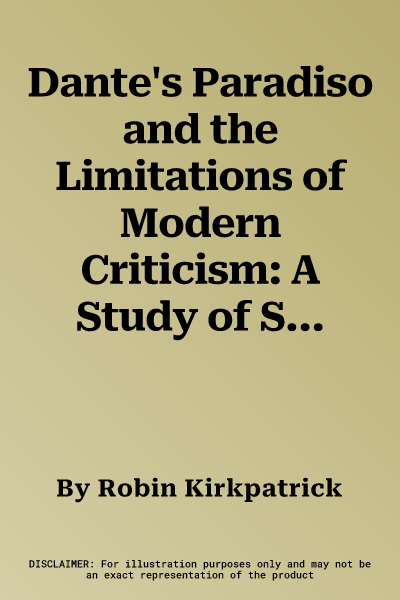Robin Kirkpatrick
(Author)Dante's Paradiso and the Limitations of Modern Criticism: A Study of Style and Poetic TheoryHardcover, 29 September 1978

Temporarily out of stock
Free Delivery
Cash on Delivery
15 Days
Free Returns
Secure Checkout

Print Length
227 pages
Language
English
Publisher
Cambridge University Press
Date Published
29 Sep 1978
ISBN-10
0521217857
ISBN-13
9780521217859
Description
Product Details
Author:
Book Format:
Hardcover
Date Published:
29 September 1978
ISBN-10:
0521217857
ISBN-13:
9780521217859
Language:
English
Location:
Cambridge
Pages:
227
Publisher: